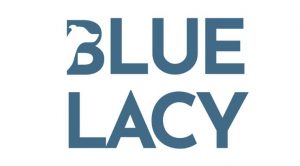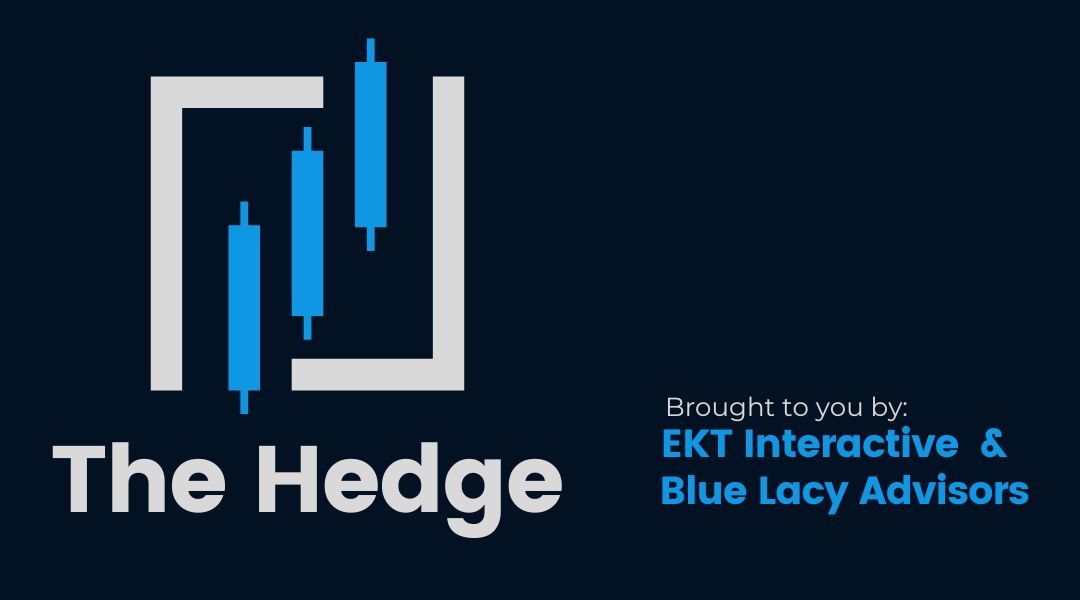02 – Hedging vs. Speculation
Description
Episode 2 – Hedging vs Speculation
“I mean, let’s just be honest, trading’s a lot more fun to talk about. Right?So getting them into the right frame of mind is the first step.
We’re here to be boring. It’s just not as much fun to be an insurance guy as it is to be a trader.”
In episode 2 of The Hedge, we discuss a common topic in risk management circles – hedging vs. speculation.
Topics:
- Hedging 101 – What is the difference between hedging and speculation or trading?
- Southwest Airlines Hedging Success
- Where customers make mistakes – over complication vs lack of sophistication.
- Year two – where you really see the benefits
Steve will get into some common conversations he has from the boardroom right down to the execution desk.
Your Hosts




The Hedge is a collaboration between EKT Interactive and Blue Lacy Advisors, an energy risk management consultancy.
Blue Lacy Advisors is headed by Steve Sinos, a professional with 20 years experience in energy markets.
Our goal here at EKT Interactive is to bring expert voices and insight to our learning community, so in this effort, Doug Stetzer, VP of Content and Community and EKT Interactive Energy Training will co-host this podcast with Steve.
Links and Resources
Blue Lacy LLC – Strategy and Risk Advisory
Transcription
Hey everyone, Doug Stetzer here, and we are back with episode two of The Hedge, brought to you by EKT Interactive and Blue Lacey Advisors and Energy Risk Management consultancy.
In this episode, we’ll talk about an important distinction in risk management, of hedging vs speculation or trading.
These activities have different objectives, and yet, as Steve points out, the first thing he often has to do is move the conversation with his clients beyond where do you think prices are heading?
We talk about some examples of successful hedging programs, as well as how Steve is encouraged by the level of financial sophistication that he sees and new hires and the analytical teams that he is working with.
I really enjoyed this talk, and I definitely think our learning community, but really anyone in risk management will get some good information out of it.
Hedging vs speculation or trading, right? And again, diving into this idea of not being a market predictor, that is not the goal, right? We’re an educational platform.
Uh, we have energy 101. Let’s talk with a little hedging 101.
Hedging 101 – Hedging vs Speculation
You know, from your perspective, if you’re talking to somebody who’s really looking to just get started, you know, what is the framework or, or what do you try to make clear, like right off the bat when you’re talking about a hedging strategy?
So if we, to contrasting what we last spoke – hedging vs speculation.
Even the best books talk about, about finding edge and executing.
And even the words they use when they say hedging no longer apply to our assumption, right?
You’re not trying to make money with a hedge. The best example in the textbooks that they use is when you start thinking about options in the form of insurance, right?
And they compare things like homeowners insurance or health insurance or any sort of traditional form of insurance, that’s easy for the layman to sort of wrap their heads around where this is a cost embedded in life to avoid something unpredictable.
“You’re not trying to make money, you’re trying to minimize pain.”
You’re not trying to make money, you’re trying to minimize pain that is maybe predictable if you had infinite time, but the timing of it’s arrival is unpredictable, right?
So you’re choosing risks intentionally because you’re trying to reduce the unknown timing magnitude, whatever it is, right?
There’s some form of pain that you’re trying to eliminate. And through that you can have a cost benefit analysis of if is it worth it to use this hedge for this period or this product?
And over time that should net reduced costs or improve profitability depending on which angle. Whether you’re a, you know, a commodity seller or a commodity buyer, and you’re getting, you’re not getting paid to be good at the market.
You’re getting paid to be good executing your strategy, and this is that portion of that payment that you’re willing to use to make sure that you are gonna continue and get paid to execute strategy.
It’s a completely reframing of everything in the textbooks.
You aren’t going to be able to algorithmically calculate your way to where you have a free insurance product that pays you when you’re right and doesn’t cost you anything when you’re wrong.
So you have to think about it in the same way you would think about actually procuring the commodity, right? Or the services to produce that commodity.
Does this make business sense to do, does this improve my strategic position?
A series of binary questions like that to ultimately decide what, what your net hedge portfolio looks like. And that’s probably too high level or too generic, but until you can accept that as, as your starting point, you gonna lose, right?
Cause the conversation will inevitably get back to what do you think the prices are gonna do? Is this a good price to hedge at things like that? Which you, the answer is unknowable to them.
Southwest Airlines Hedging Success
And, and you see this all the time, right? Like even in the financial press, we kind of connected about this a little while back, You know, there’s a big story, you know, the Southwest Airlines hedging group made a ton of money. Well, is their job to make a bunch of money?
Is there job to keep the company from going out of business by having costs spiral outta control and past, you know, through their profit market, right?
Like, oh, yeah. Like, just the framing of that, that headline even just goes to show that we love it when trading groups make money, but is it even really their job, Right?
Like is in this particular sense, is a, you know, the hedging strategy, it’s an, it’s an insurance product, right? It’s not Yeah. Necessarily a money maker.
Well, and in that article, the Southwest guys, they talked about how they evolved over time, right? Like, so Southwest is popularly covered because they were one of the first airlines to publicly discuss their hedging practices.
And in the nineties, right? Remember oil went from, you know, basically zero then to 50 bucks, which seemed like a high price then coming out of the decade, right?
Southwest made headlines for being one of the few domestic airlines that had benefited from a hedging program, and they were comparatively aggressive to what they are today after having sustained billions of dollars of losses in certain years,
And making headlines for that, Right? And now their traders are quoted as being like, If you think you can do this better, good luck to you.
This is hard. We’re just basically buying insurance.
And they use the, they reference the specific products they used where they’re buying calls and call spreads and things that have a defined cost, right?
For a potential gain. And I th











